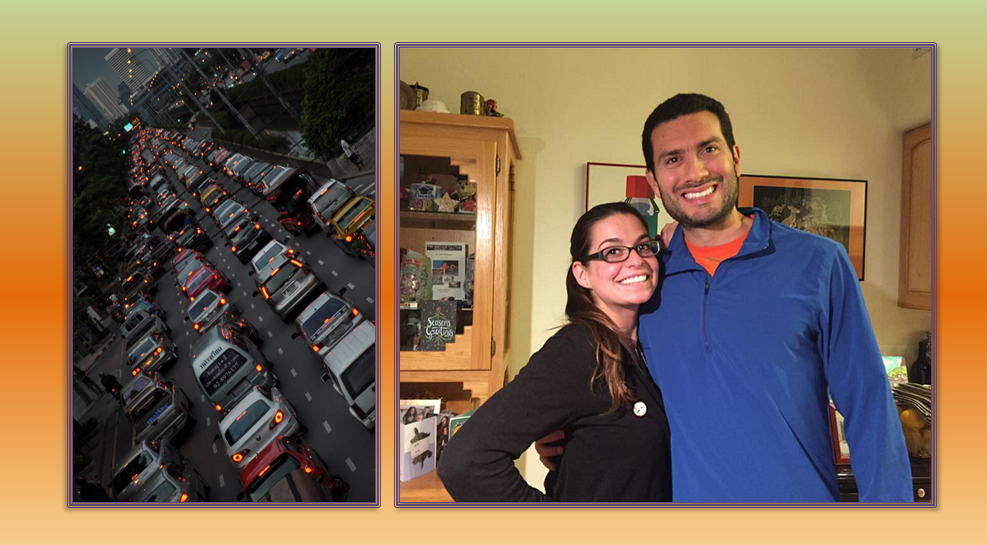
There is a reason for the saying, ‘The Truth Hurts.’ The saying cuts both ways because the truth is often just as difficult to share as it is to hear. Maybe that is why the truth so often goes unspoken. But for those pursuing their ambitions and committed to their goals, there is nothing more valuable or impactful than honest, truthful feedback.
I have always been a direct person. I personally value open communication for the clarity and accountability it brings. That said, I am frequently reminded that my default is not always the default for others. Even more difficult are those moments when I advocate the truth but encounter resistance – a preference from those around me for a different version of the facts.
It is an unfortunate truth that our present world has allowed the truth to become relative. Many people readily accept alternate facts and allow their beliefs to overrule evidence. This is the new status quo. But rather than feel outraged or disheartened by the current state, I encourage us instead to redouble our commitment to speaking and hearing the truth – even when it hurts us. If we are going to shape tomorrow, if we are to build the world we dream of, we must be courageous enough to trust any pain that truth may bring.
“Telling the truth and making someone cry is better than telling a lie and making someone smile.” – Paolo Coelho
We must be a benefit to one another. Silence, avoidance, and pretense undermine growth, development and collaboration. We cannot allow ourselves to become fearful of the truth. To do so is to accept the status quo and follow those that seed deceit. Instead, we must encourage one another through constructive feedback and admit when we are struggling with fear or doubt. Only honesty – and the trust that comes with it – can bring destructive thoughts to heel. Be strong. Be truthful. Win.


